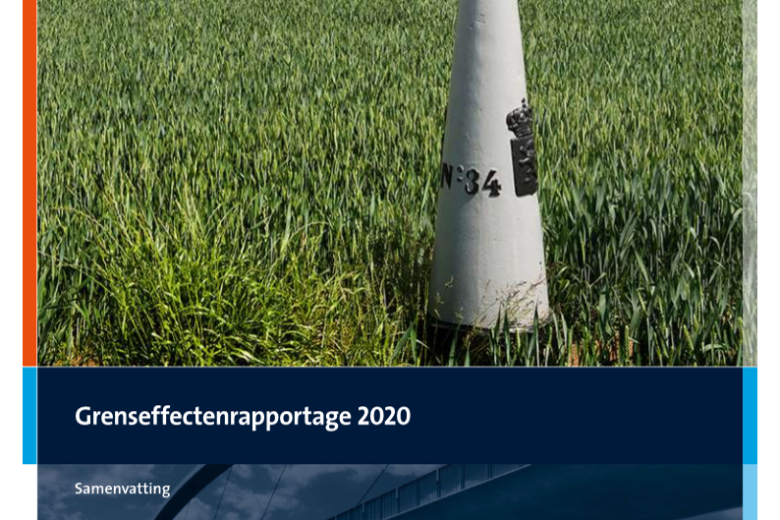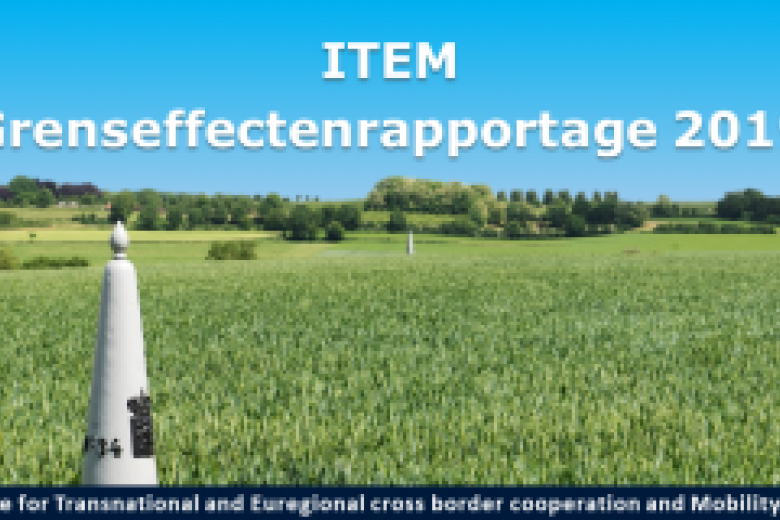Maastricht scholars successfully fight forced marriage and marital captivity
For the research group led by Susan Rutten, professor of Islamic Family Law in a European Context at Maastricht University (UM), in recent weeks, everything has fallen into place. Partly in response to the recommendations of their MARICAP study, the Dutch minister of legal protection Sander Dekker recently proposed a bill to make it possible to bring a swifter end to marital captivity. A week later, the Research and Documentation Centre (WODC) published an evaluation by the same lawyers of the Forced Marriage Prevention Act, which came into force four years ago this month.
Evaluation
Four years ago, the Forced Marriage Prevention Act came into force. In recent months, Susan Rutten and her research team have been investigating how the act works in practice, on behalf of the Research and Documentations Centre (WODC) of the Ministry of Justice and Security. The aim is to further curb forced marriage in the Netherlands and to limit the recognition of marriages concluded abroad to those that match the generally accepted nature of marriage in the Netherlands. In Dutch marriage law, for example, marriage under the age of 18 has been abolished, stricter requirements have been imposed on marriages between relatives in the third and fourth degree, and provisions have been widened to take action against forced marriage, child marriage and polygamous marriage. The act also ends the recognition in the Netherlands of forced or child marriages that have taken place abroad, and polygamous marriages abroad that have a Dutch connection.
The research shows that most professionals working in fields affected by the act are familiar with the standards it sets, but lack knowledge of the legal instruments that it provides. The Forced Marriage Prevention Act has therefore been implemented most clearly in immigration policy relating to child marriage. Here the act provides clarity and protection against child brides being forced to live with a partner. ‘However, it’s also important to be aware that more often than before, child brides are now being left alone and unprotected abroad,’ says Rutten. ‘Nowadays, a young refugee will no longer be granted a residence permit to live with her husband because the marriage isn’t recognised in the Netherlands. As a consequence, she may be left abroad without the protection of her husband, parents or other relatives who are in the Netherlands. Basic human rights, such as the right to family life or the rights of the child, may also be at stake here.’
Another problem is that it is hard to establish when a forced marriage has taken place. The reasons are diverse, says Rutten. ‘People don’t always report it for fear of the social consequences, and what also plays a role is that due to digitisation there is a lack of official contact with couples intending to get married.’ For the most part, forced marriage seems to escape the law. ‘In short, there are certainly areas for improvement,’ Rutten concludes.
Law change
To prevent religious marital captivity, a law change is needed. This was the conclusion of lawyer Pauline Kruiniger nearly two years ago on the publication of the final report of the MARICAP investigation, entitled ‘No longer chained to marriage’. In the study, Kruiniger investigated means and instruments in Dutch law to help prevent or even end cases of religious marital captivity. As well as amendments to the law, much more attention needs to be paid to the establishment of agreements on religious divorce in a contract signed during the marriage itself.
Minister Sander Dekker is now amending the law to make it possible to put an end to marital imprisonment more quickly, he recently announced. The law will be clarified and it will be easier for the court to grant both a divorce and a dissolution of a religious marriage in a single proceeding, according to the bill submitted to the lower house at the end of November.
By means of a separate tort procedure, the court can already order an obstructive spouse to cooperate in the dissolution of a religious marriage and arrange this as an ancillary provision in the divorce. However, the bill proposes to make it possible for a request for an ancillary provision to be dealt with at the same time as an application for divorce, and this will no longer depend on whether it may lead to a delay in the divorce proceedings, as is now the case. The situation will thus be resolved more quickly and the spouses will be able to move on with their lives.
As the law stands at present, in practice, a delay in the divorce proceedings leads to a second court case if the spouse has to be forced to cooperate in the dissolution of the religious marriage. For victims of marital captivity, this presents an additional barrier. This is why the judge is to be given greater leeway to settle cases in a single proceeding. It will also be possible to ask the judge to dissolve a religious marriage even if no civil marriage has taken place. The law will also stipulate that spouses in a religious marriage will, in principle, be obliged to cooperate in the religious divorce.
Also read
-
European cross-border approaches to the corona crisis are hard to find
Many European borders were closed this spring simply because governments were unable to make agreements about the various national corona measures, and not primarily due to public health considerations. This is the conclusion of the annual Cross-Border Impact Assessment by the Institute for...

-

-
New civil servants law increases uncertainty for cross-border workers
From 1 January 2020, a new Dutch law regarding the legal status of civil servants can prevent certain employees of Dutch universities from working at home. In a change from the current situation, from January on it matters to cross-border workers how much time they work in the office or from home.
